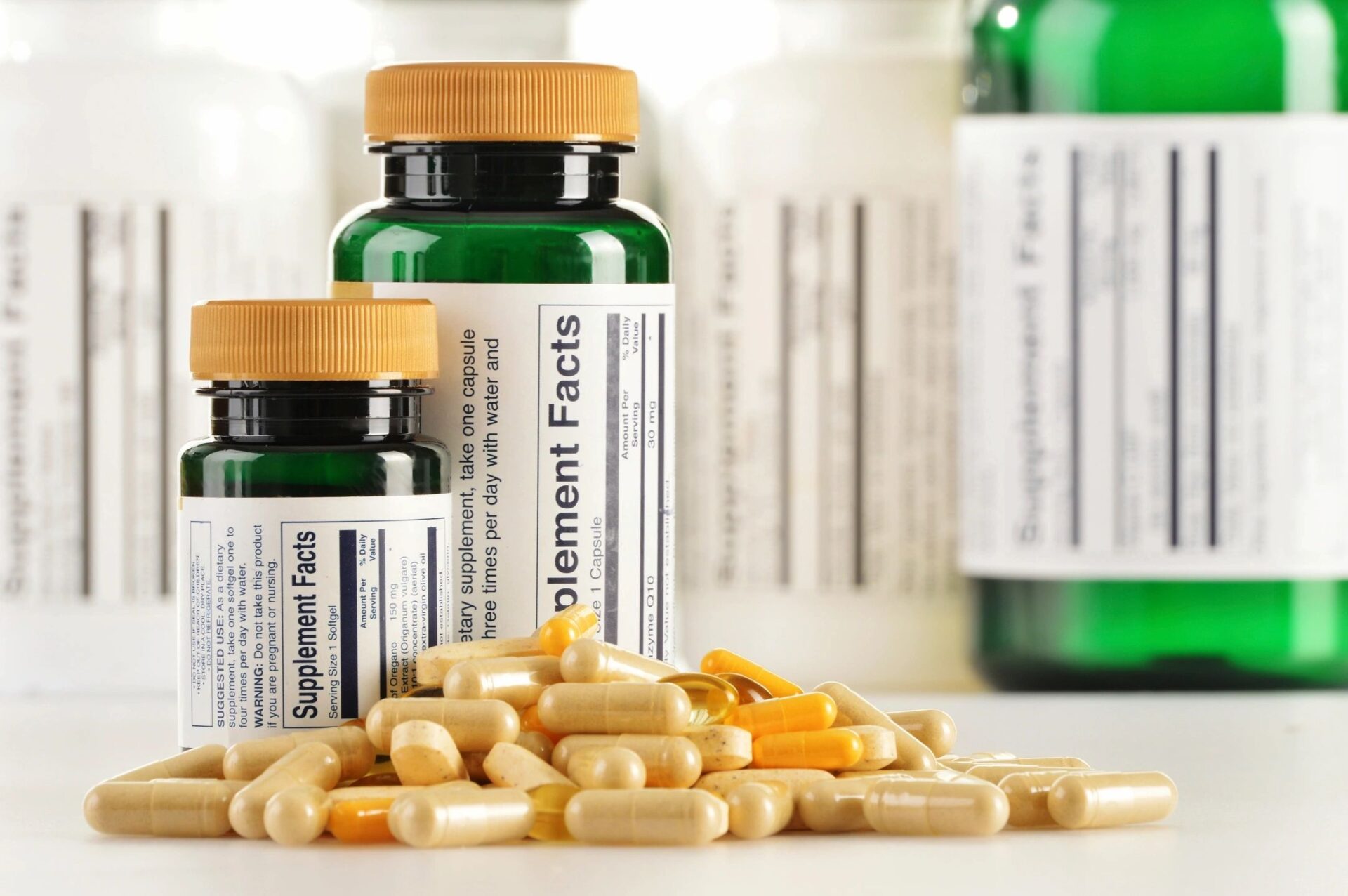Emerging studies are beginning to explore a possible link between vitamin D deficiency and depression, though much about this connection remains uncertain. Many findings indicate that individuals struggling with depression often have lower levels of vitamin D. This observation has led some researchers to suggest that dietary adjustments and increased sun exposure might be beneficial as a first step before jumping to supplements. While intriguing, the science is far from settled, and the potential benefits are still being examined.
Vitamin D, known as the “sunshine vitamin” because the body produces it during sunlight exposure, is essential for more than just maintaining healthy bones. It also appears to play a role in mental health. Observational research has repeatedly noted that people with depression often have deficient levels of vitamin D, including individuals dealing with postpartum depression. However, while these studies hint at a correlation, they stop short of proving a direct cause-and-effect relationship, leaving experts with more questions than answers.
Some smaller studies have offered a glimmer of hope for those looking to vitamin D as a potential treatment for depression. In one controlled trial, participants with mild to moderate depression saw an improvement in their symptoms after taking vitamin D supplements for eight weeks. While encouraging, these results are far from definitive and represent only short-term outcomes. The broader implications of long-term supplementation are less clear, requiring more rigorous investigation to confirm any lasting mental health benefits.
On the flip side, larger studies have cast doubt on vitamin D’s effectiveness as a universal solution for depression. One extensive trial involving over 18,000 participants tracked the effects of daily supplementation with 2,000 IU of vitamin D over five years. The results showed no significant improvement in depression symptoms compared to those taking a placebo, raising questions about whether vitamin D truly holds the key to alleviating this condition or if its benefits are limited to certain groups or circumstances.
While the connection between vitamin D and mental health remains an area of active research, experts caution against viewing it as a one-size-fits-all remedy. Individual factors like the type and severity of depression, as well as baseline vitamin D levels, likely play a role in how effective supplementation might be. In the meantime, adopting a balanced approach that includes sun exposure and vitamin D-rich foods is a sensible way to support overall health. Whether or not it turns out to be a mental health game-changer, prioritizing this essential nutrient is still a step in the right direction.


